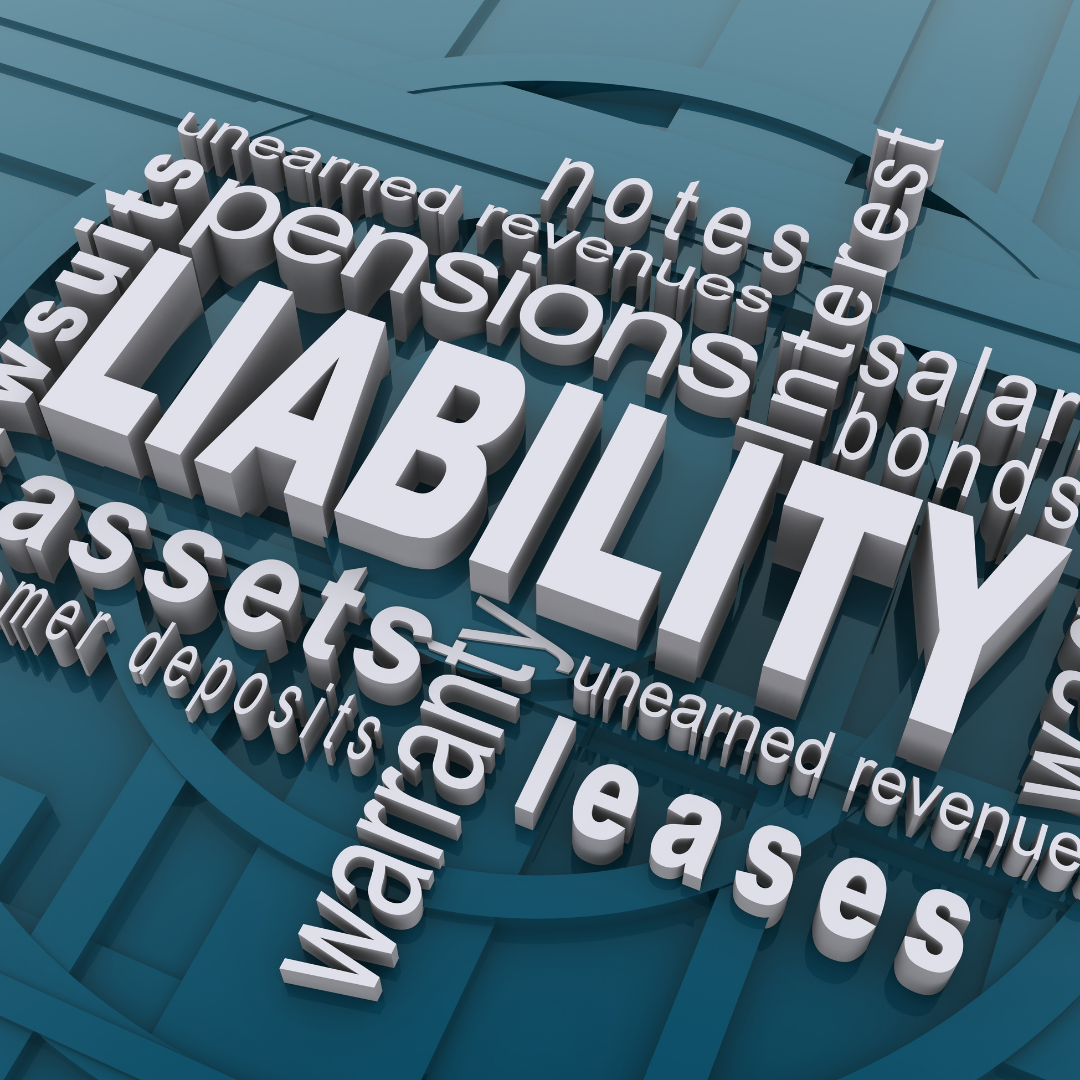How To Choose Liability Protection For Your Business

As a small business owner, the days of simply deciding to allow a specific risk to your company are over. Increasingly, a decision to protect a company from a particular risk has a ripple effect, as it affects every other risk a business may face. It is not uncommon for your business to suffer a loss – and it’s important to be prepared. As a business owner, you need to know your rights and be financially prepared for the worst.
There are many ways to go about insuring your business, from a simple employee life insurance (look at these guys for more information) to business insurance – and the options are many. It is important to weigh your options while you are deciding on which policy type you should choose and for what reason. For example, if you have an event management business, you could surely opt for event business insurance from reliable companies like Thimble. But one of the most effective ways is through the purchase of individual liability insurance. This type of insurance protects your company’s assets from being taken through lawsuits, but it does come with a price tag.
Liable protection, or umbrella coverage, is a business insurance policy designed to provide protection against liabilities that are not covered by standard commercial enterprise coverage. It covers specific losses that are not covered, including claims arising out of bodily injury, property damage, product liability, defamation, privacy, employment practices, medical payments, smoking, and fire.
Liability protection is a legal concept that can be broken down into three different types: Property, Business, and Professional. In most states, only Property and Business Liability policies are required.
Every business needs to protect itself against lawsuits, especially if it is an e-commerce business. The two most important types of insurance are Professional Liability insurance and Commercial General Liability insurance. These are the two most common types of insurance for small businesses. Professional Liability insurance protects your business from being sued because of the work done by your staff. This can cover things like medical malpractice, work-related injury, or defamation. Commercial General Liability insurance protects your business from being sued because of the work done by your customers. This can cover things like faulty workmanship, faulty design, or making a false claim. Therefore, ensuring that you have a liability insurance policy in Oregon or in any other state could be a lifesaver for your business if anything should happen.
If you want to be sure that your business is protected and that you and your employees will be compensated in the event of an accident, then you need adequate insurance. Of course, for specific industries like construction and health, taking workers’ compensation insurance (check https://www.icwgroup.com/workers-compensation/ for more info) might be better. However, it can be hard to know what kind of coverage to buy and at what price, and it may be difficult to even find a company that specializes in such coverage. Here’s how to get the necessary coverage and the best price.
You don’t need to be a corporate bigshot to need the right kind of liability insurance to protect yourself, and your family should an unfortunate event happen. Even if you aren’t financially secure, you can still qualify for professional liability insurance, which protects you against claims that could cost hundreds of thousands of dollars or more, including pain and suffering.
The cost of buying adequate liability insurance is one of the major expenses in owning a home or apartment. With all the tax credits and deductions, buying adequate liability insurance is a good investment. Buying adequate liability insurance is simple. There are online search engines that can help you find a suitable company.
When it comes to risk management, business is all about dealing with uncertainty. This is the reason why many companies have engaged in the process of identifying their various risks in order to avoid getting caught in any unwanted surprises. Being aware of the risks in the business environment enables you to deal with them in the best possible way.
We all know that risk is something that can’t be avoided; it’s the flipside of the coin that shapes what happens in our lives. However, there is no clear-cut formula for deciding whether or not something is risky according to law. There are countless elements to take into consideration when you choose whether or not to protect your business with liability insurance. Here are some of the key questions to ask yourself when you’re trying to decide whether or not to insure your business.
You have to take the time to understand the risks your industry faces. That means understanding who your competition is, their practices, the products they’re producing, and the likely legal risks you will encounter. It also means taking the time to understand your industry, including how it develops, the products it produces, the laws that govern it, and how it will change in the future.
